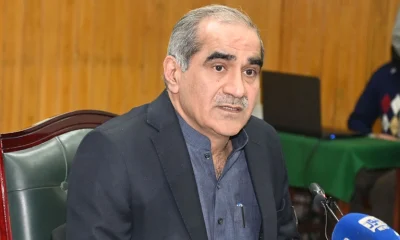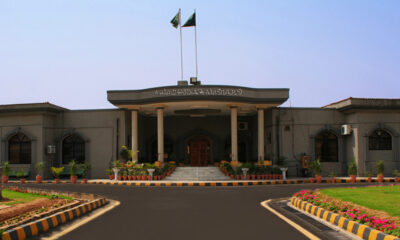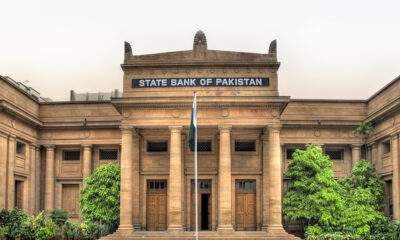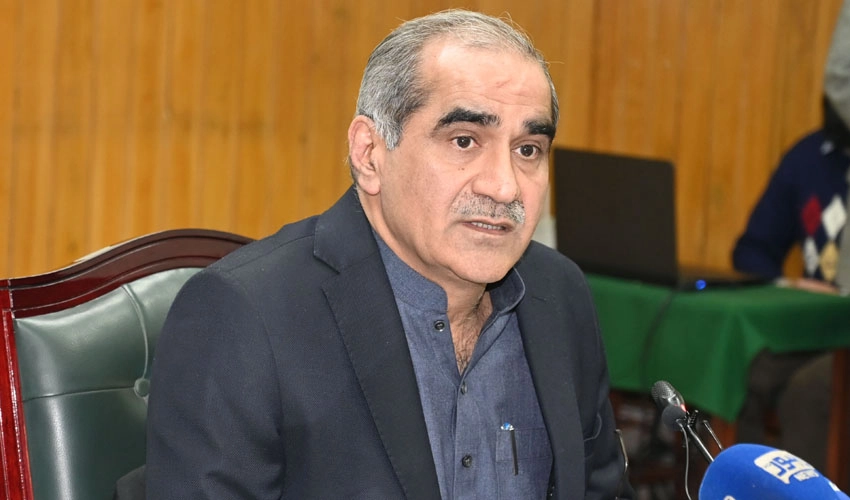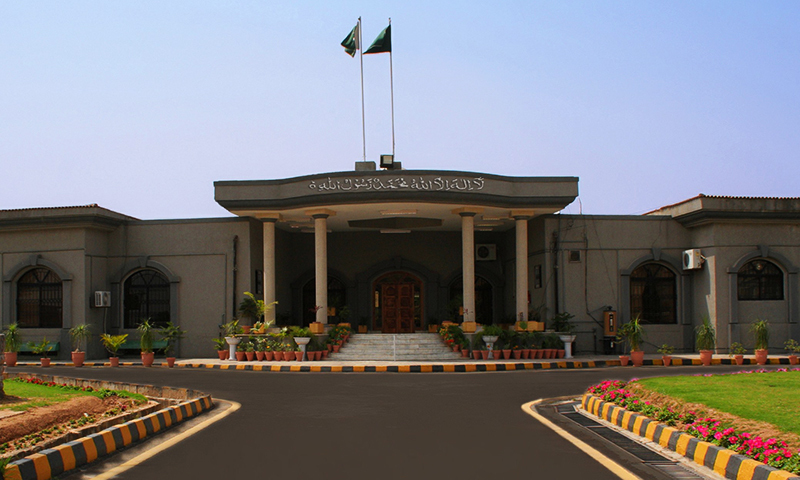- Supreme Court hears Faisal Vawda’s lifetime disqualification case.
- CJ says ECP has authority to probe false affidavits.
- ECP has properly examined facts in Faisal Vawda case, says SC.
ISLAMABAD: Chief Justice Umer Ata Bandial Tuesday termed Article 62(1)(f) of the Constitution that imposes a lifetime ban of politicians a “draconian” law.
The chief justice made these remarks while a hearing a petition filed by PTI leader Faisal Vawda against his lifetime disqualification in a case pertaining to the submission of a false affidavit about his US nationality.
A three-member bench of the apex court headed by CJ Umer Ata Bandial heard the case today.
“Article 62 (1)(f) is a draconian law and we will hear this case with caution and in detail,” the CJP said.
PTI’s Faisal Vawda filed a petition in the top court in February under Article 185(3) of the Constitution for leave to appeal against the order of the Election Commission of Pakistan (ECP) dated February 9 and the February 16 Islamabad High Court judgment.
Vawda had contended that the ECP order and the IHC judgment are arbitrary and without lawful authority and of no legal effect, adding that it is also contrary to the judgements of the apex court.
He prayed to the court to set aside the order of the ECP and the IHC.
In the appeal, the PTI leader pleaded that the ECP had cited no reason for invoking Article 62(1)(f) to disqualify him for life. The electoral body, it added, appears to be under an impression that any person disqualified under Article 63(1)(c) — for having dual nationality — could automatically be penalised under Article 62(1)(f).
When the SC bench took up the case today, Vawda’s counsel Waseem Sajjad said that his client contested polls in 2018 and after two years a petition was filed in the high court seeking his disqualification.
At this, the CJP said that the ECP has the authority to investigate a false affidavit submission, adding that even if the Supreme Court revokes the order, the facts would remain the same.
“The Election Commission has properly examined the facts in Faisal Vawda’s case, the only question here is whether the ECP can order disqualification for life or not.”
Later, the hearing was adjourned till October 6.
It is important to note that the apex court in April 2018 declared that the disqualification under 62(1)(f) would be for life.
Former prime minister Nawaz Sharif and Jahangir Tarin both are disqualified for life under the said article.
What is Article 62 (1) (f)?
Article 62(1)(f) of the Constitution pertains to the qualification of members of Parliament and pertains to the terms ‘Sadiq’ and ‘Ameen’. However, it does not set a time limit for the duration of disqualification.
The article is stated below:
“A person shall not be qualified to be elected or chosen as a member of Majlis-e-Shoora (Parliament) unless-
he is a citizen of Pakistan;
he is, in the case of the National Assembly, not less than twenty -five years of age and is enroled as a voter in any electoral roll in-
any part of Pakistan, for election to a general seat or a seat reserved for non-Muslims; and
any area in a Province from which she seeks membership for election to a seat reserved for women.
he is, in the case of Senate, not less than thirty years of age and is enrolled as a voter in any area in a Province or, as the case may be, the Federal Capital or the Federally Administered Tribal Areas, from where he seeks membership;
he is of good character and is not commonly known as one who violates Islamic Injunctions;
he has adequate knowledge of Islamic teachings and practises obligatory duties prescribed by Islam as well as abstains from major sins ;
he is sagacious, righteous and non-profligate, honest and ameen, there being no declaration to the contrary by a court of law;
he has not, after the establishment of Pakistan, worked against the integrity of the country or opposed the ideology of Pakistan.
The disqualifications specified in paragraphs (d) and (e) shall not apply to a person who is a non-Muslim, but such a person shall have good moral reputation.”
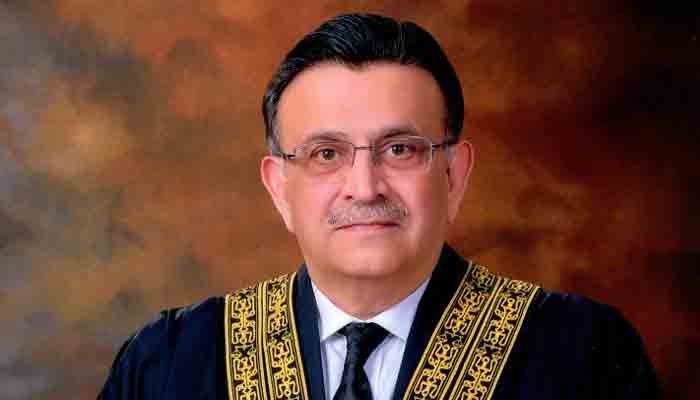
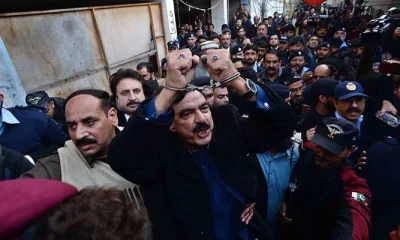
 Latest News2 days ago
Latest News2 days ago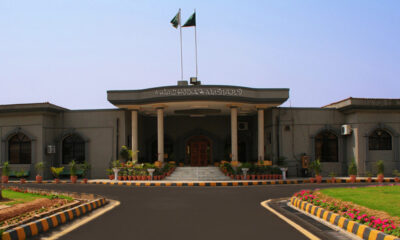
 Latest News3 days ago
Latest News3 days ago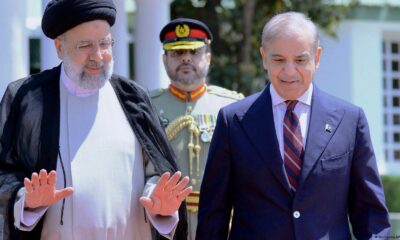
 Latest News2 days ago
Latest News2 days ago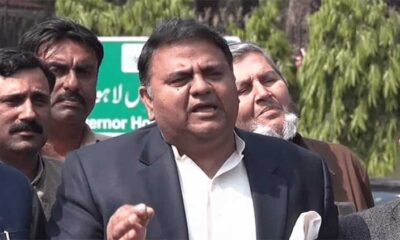
 Latest News2 days ago
Latest News2 days ago
 Latest News3 days ago
Latest News3 days ago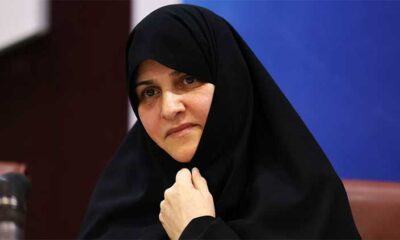
 Education3 days ago
Education3 days ago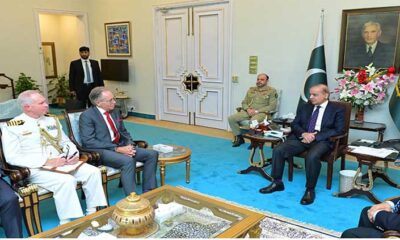
 Latest News2 days ago
Latest News2 days ago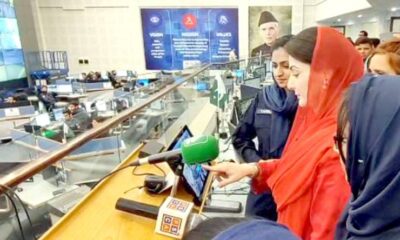
 Latest News3 days ago
Latest News3 days ago




